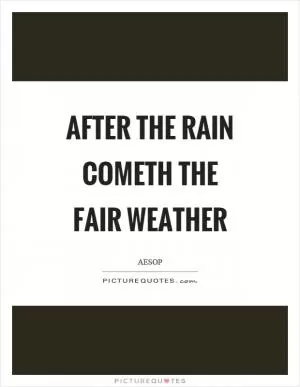Do not attempt to hide things which cannot be hidden

Do not attempt to hide things which cannot be hidden
In the world of Aesop's fables, the moral lessons often revolve around the consequences of dishonesty and deceit. One such lesson can be found in the phrase, "Do not attempt to hide things which cannot be hidden." This simple yet profound statement serves as a reminder that the truth will always come to light, no matter how hard one may try to conceal it.In many of Aesop's fables, characters who attempt to hide their wrongdoings or deceive others ultimately face the consequences of their actions. For example, in the fable of "The Boy Who Cried Wolf," a young shepherd repeatedly tricks the villagers into thinking a wolf is attacking his flock, only to later find himself in real danger when a wolf actually appears. The boy's lies and deceit ultimately lead to his downfall, as the villagers no longer believe him when he is in genuine need of help.
Similarly, in the fable of "The Fox and the Grapes," a fox tries to convince himself that the grapes hanging just out of reach are not worth his effort. He tells himself that they are probably sour anyway, in an attempt to hide his disappointment at not being able to reach them. However, his true feelings are revealed when he walks away with a disdainful attitude, unable to hide his true desire for the grapes.
These fables serve as cautionary tales, warning readers of the consequences of dishonesty and the futility of trying to hide the truth. They remind us that honesty is always the best policy, as attempting to conceal the truth will only lead to further complications and eventual exposure.












 Friendship Quotes
Friendship Quotes Love Quotes
Love Quotes Life Quotes
Life Quotes Funny Quotes
Funny Quotes Motivational Quotes
Motivational Quotes Inspirational Quotes
Inspirational Quotes